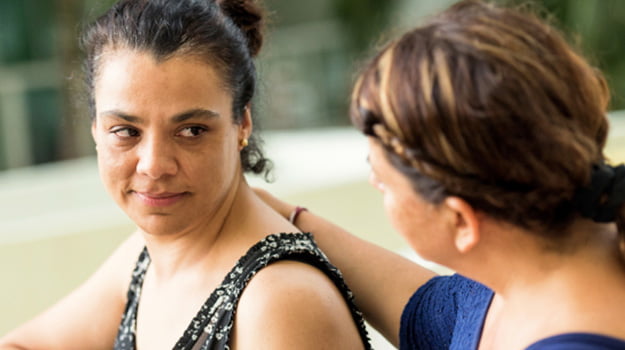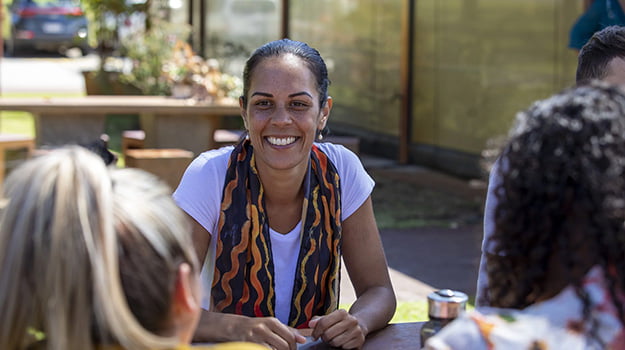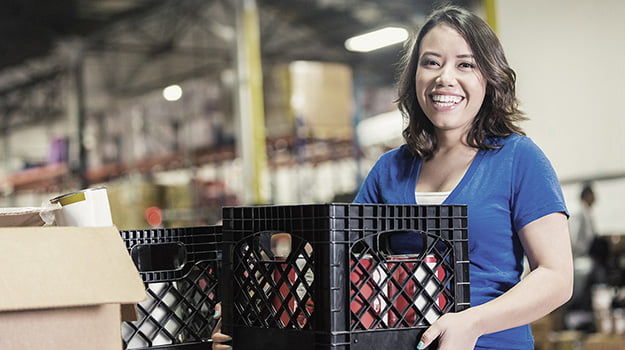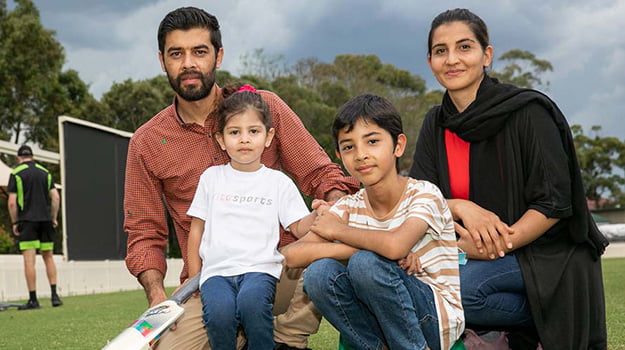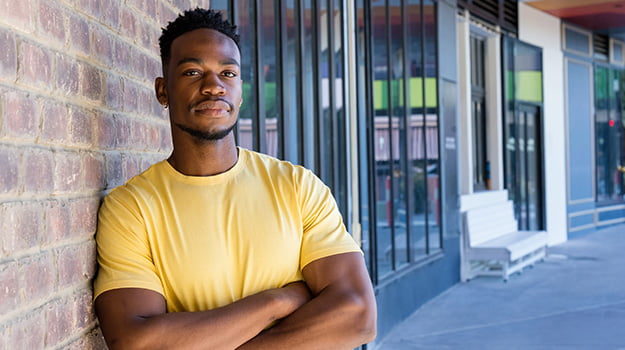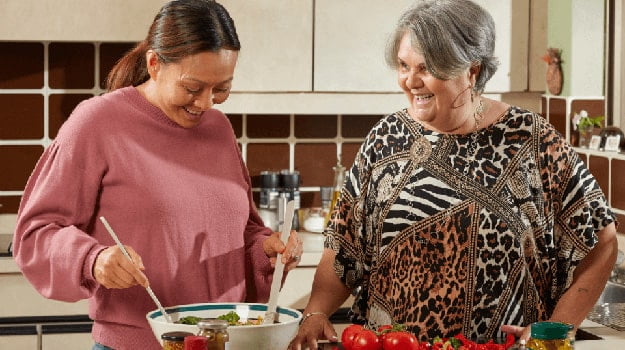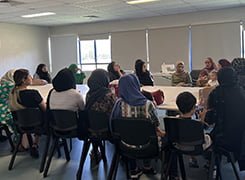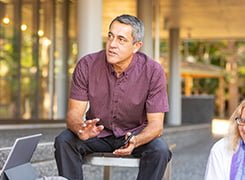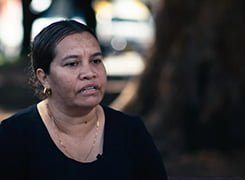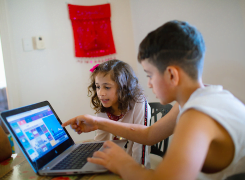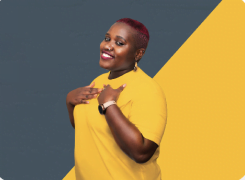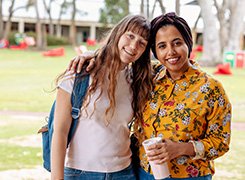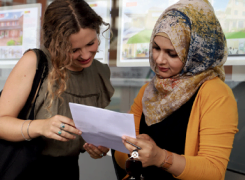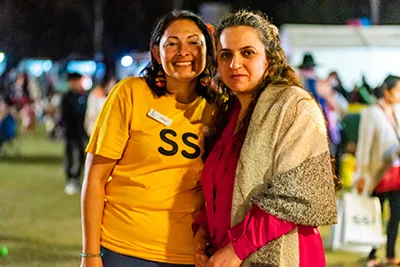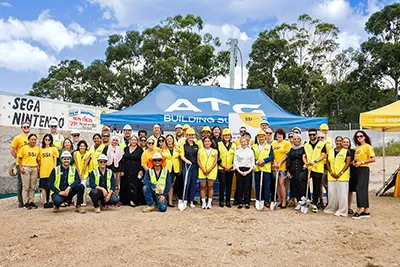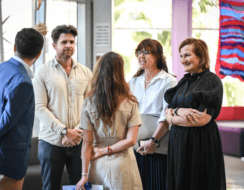20 Sep 2016
News‘Merit-based hiring’ not an excuse for excluding culturally diverse leaders
The event, ‘Cultural Diversity and Leadership: The Way Forward‘, on Monday, September 19, came hot on the heels of a recent report showing fewer than five per cent of ASX 200 company CEOs are from non-European or Anglo-Celtic backgrounds.
Diversity specialists told an audience of more than 70 SSI staff and supporters that people from Culturally and Linguistically Diverse (CALD) backgrounds were just as capable as their peers but do not enjoy the same inherent advantages.
Westpac Senior Manager Inclusion and Diversity Mariam Veiszadeh said reverse discrimination was one way employers can offset that privilege.
“The definition of insanity is doing the same thing over and over again and expecting different results,” she said. “If we want to see cultural diversity. . . you have to do something different. You cannot expect society just to change on its own.
“You do have to do something that is deemed drastic by some. That’s where targets come into it when we’ve talked about gender diversity – and I think we’ve shown over time that there is an inherent issue that needs addressing. No amount of lip service is going to change that. You have to show bold leadership.”
In order to get more culturally diverse leaders in Australia, both businesses and individuals must challenge the concept of leadership itself, Ms Veiszadeh said.
“If leadership means that only a man can do it – that only a guy working 24/7, with zero time for his family, can be a leader – we should be challenging that and saying, ‘no, that’s not what everyone should be aspiring to’,” Ms Veiszadeh said. “The issue isn’t about changing yourself to fit in. . . but about changing the system to accommodate everyone.”
One employer already walking the talk on cultural diversity is Allianz Australia, which earlier this year partnered with SSI on an employment program that will see the insurance company offer permanent roles to up to 10 people of refugee background each year.
Allianz Diversity and Sustainability Manager Charis Martin-Ross said a lack of data was one of the big barriers to a more culturally diverse leadership pool in Australia, because employers need these figures in order to assess how their organisation stacks up against other businesses.
“The focus for me at the moment is around information sharing,” she said. “My call to my industry peers is to share your information. There is a dearth of information and data about diversity at the moment.”
“Allianz Australia has made a significant commitment to cultural diversity. We’re certainly not doing it perfectly – and we’ve got a long way to go – but I’m really excited by what the data we’ve collected can do for us, because it really opens up channels in terms of tracking, measuring, comparing and making decisions that will further promote the level of cultural diversity in our organisation.”
Also speaking on the panel, Dai Le – the founder of a social enterprise that champions diverse leadership, DAWN – said the work organisations like hers do was only part of the solution to the issue of cultural diversity in Australia’s leadership ranks.
“It’s up to you all as individuals to drive that change inside because that will help us on the outside as well,” she said. “We need to believe in ourselves and we need to make sure that we don’t feel inferior. If we feel inferior, then we can’t challenge the system.”
Without employees also agitating for change, it will take much longer for Australia’s leaders to reflect the country’s workforce, Ms Le said.
“Once you start to call it out and people become more aware of it, organisations are going to take note,” she said.
“Despite what we’ve heard tonight about the barriers [to more culturally diverse leadership], I’m actually quite optimistic because I see these barriers as opportunities. I jump over these barriers rather than see them as something that will push me down,” added Ms Le.



